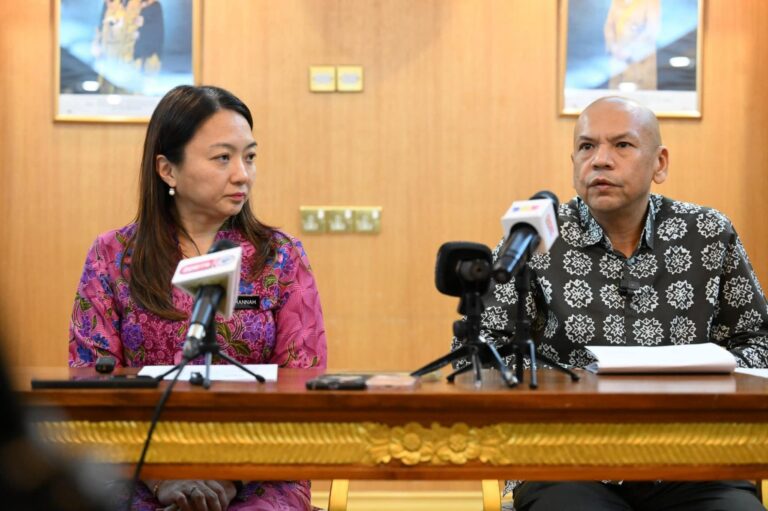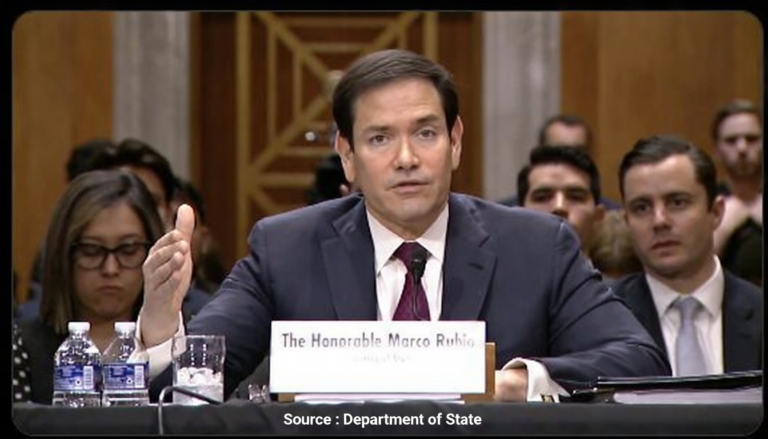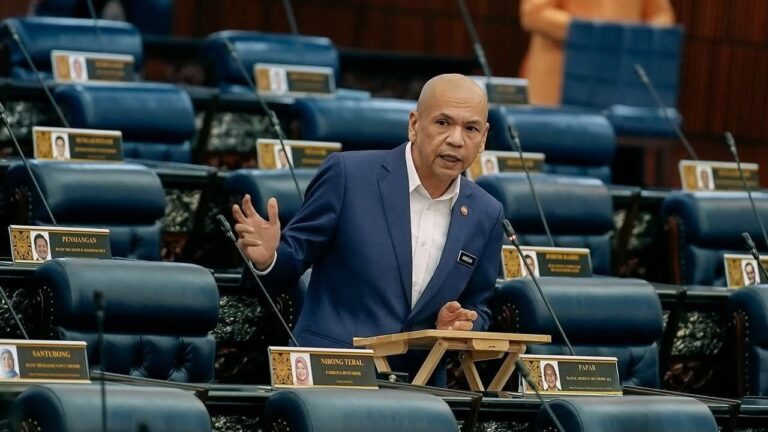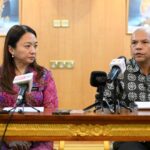
By Nahrizul Adib Kadri
“They said we’re ungrateful. Maybe we just dream with different tools.”
That line came to me after a conversation with a bright young student, fresh from a student exchange, idealistic, restless. He spoke honestly about his desire to work abroad after graduating. “Not because I don’t love Malaysia,” he said, “but because I’m not sure there’s space here for the kind of work I want to do.”

It’s not a new conversation, and I have to admit, part of me felt defensive. We stayed. We built. We tried to make things better from the inside. And now they’re leaving?
But I’ve sat with this feeling for a while now. And what I’ve come to realise is this: every generation dreams in its own language. This one, whether Gen Z or Gen Alpha, speaks a language we didn’t grow up with. Fast, fluent, global.
They’re not ungrateful. They’re just built differently.
Not weaker. Not less loyal. Just shaped by different pressures and possibilities. They’ve grown up in a world of instant information, fluid identities, and open tabs. They’ve seen what’s possible elsewhere, and they’re asking, gently or otherwise: why not here, why not now? If not now, then when?
We dreamed of building systems. They dream of reworking narratives. We learned to adapt. They are wired to disrupt. We waited our turn. They make their own queue. And maybe that’s not rebellion. Maybe it’s evolution.
Rumi once said, “Try not to resist the changes that come your way. Instead, let life live through you.” When we insist that our version of service, of loyalty, of Merdeka is the only valid one, we close the door on what they could bring.
Because love for a country doesn’t always look the same. For some, it looks like staying. For others, it looks like leaving and returning stronger. For many, it’s the decision to care enough to critique, to push, to reimagine. From the inside, or outside; online or offline.
And yes, that can feel uncomfortable. Especially when we’ve given years, even decades, to build something we hoped they’d inherit with pride. But inheritance isn’t about duplication. It’s about ownership, being responsible. Each generation tends the land differently.
So if they seem restless, impatient, hard to impress, it’s not personal. It’s just that they were raised to believe in agency, in their voice, in their right to choose.
The internet didn’t just teach them to scroll. It taught them to search, to question, to want better. In that sense, the fact that they are unsettled might be the most patriotic thing of all.
I know this because I’ve wrestled with it myself. When I first returned to Malaysia after completing my PhD in the UK in 2011, a small voice in my head whispered that, perhaps, I should go back. The workloads before me as an academic with new expectations felt overwhelming, and the idea of returning to a system I had just left behind was tempting. Yet I stayed, and in staying I found meaning. But that moment of doubt reminds me that the impulse to leave is not betrayal. It is a very natural, and human, response.
Still, the gap is real. And when we meet their dreams with guilt: “How could you leave, don’t you care?” – we turn the gap into a wall. But if we meet them with curiosity: “What do you see that we didn’t?” – perhaps we can build a bridge.
And that bridge matters.
Because while they may be built differently, they still need us, not to scold or shame, but to help them steady the ground they’re trying to build on. Ask yourself: what would have happened if no one believed in your way of dreaming?
I still believe in the value of staying. I still believe in working through slow systems, in showing up even when it’s thankless. But I’ve also come to believe in those who leave, not out of disloyalty, but in pursuit of new tools, the kind we may never fully understand, but which may one day help build a Malaysia we can’t yet imagine.
Khaled Hosseini wrote in ‘A Thousand Splendid Suns’: “You can not stop you from being who you are.” And I believe our real role now is not to block the wave, but to prepare the shore.
And to be clear: this is not about lowering expectations. It’s about raising the kind of relationship we want with the future. One based not on control, but on trust. Not guilt, but guidance.
So this Merdeka, and leading to Hari Malaysia soon, let’s listen more than we speak. Let’s ask what they dream about when they think of “home.” Let’s not dismiss their doubts. Let’s meet them there, and show them what’s worth keeping.
They’re built different, so let them build us different.
Let their questions sharpen our clarity. Let their tools refresh our traditions. Let their urgency remind us what’s still unfinished.
Don’t guilt them. Guide them.
And be the bridge.
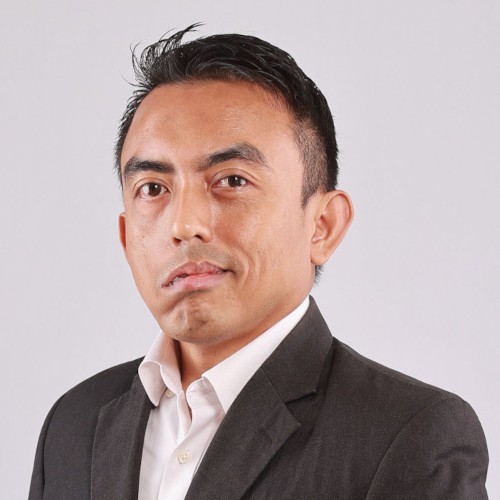
Ir Dr Nahrizul Adib Kadri is a professor of biomedical engineering at the Faculty of Engineering, and the Principal of Ibnu Sina Residential College, Universiti Malaya.





